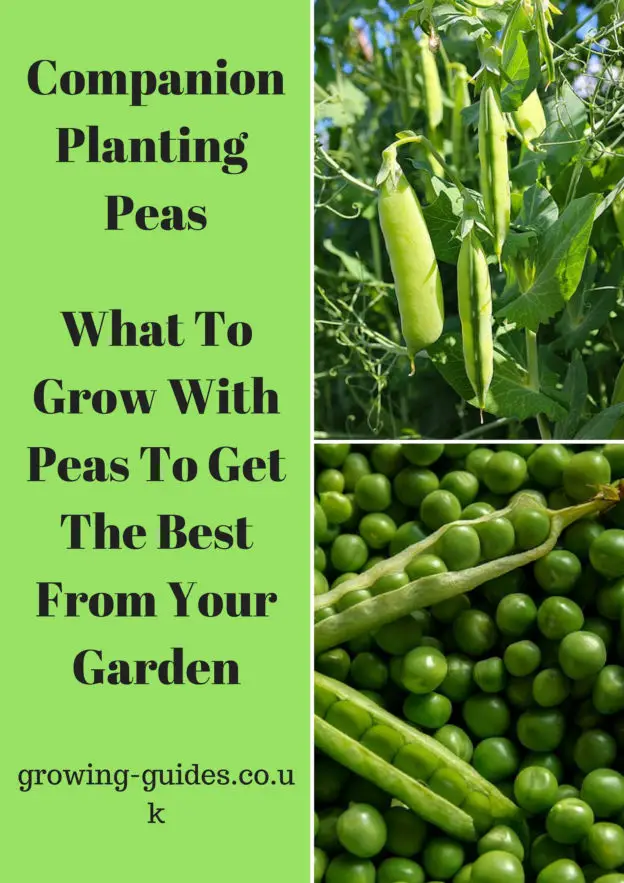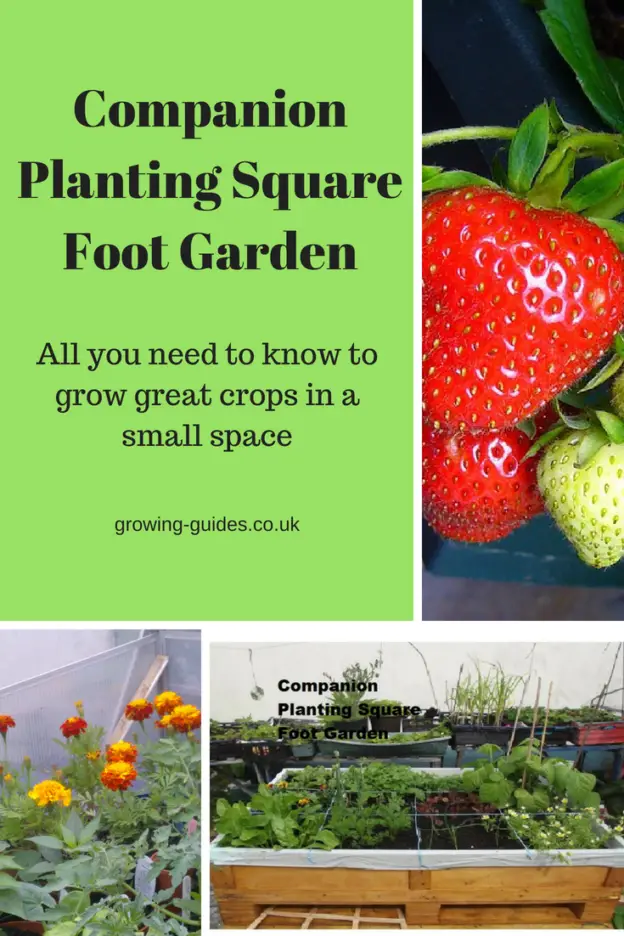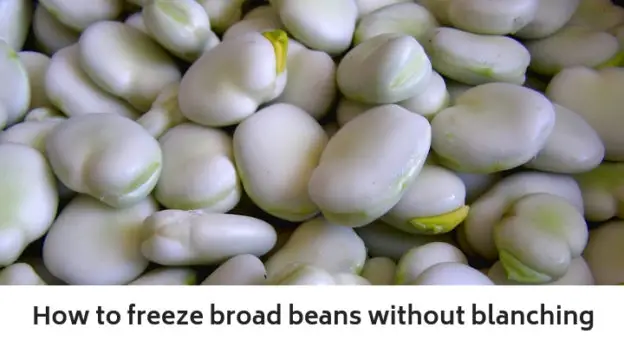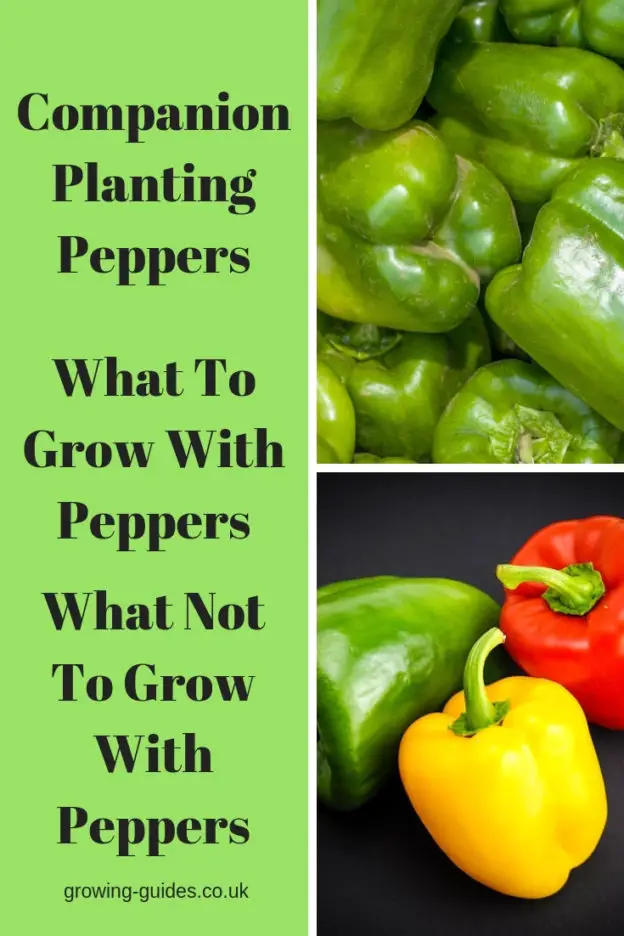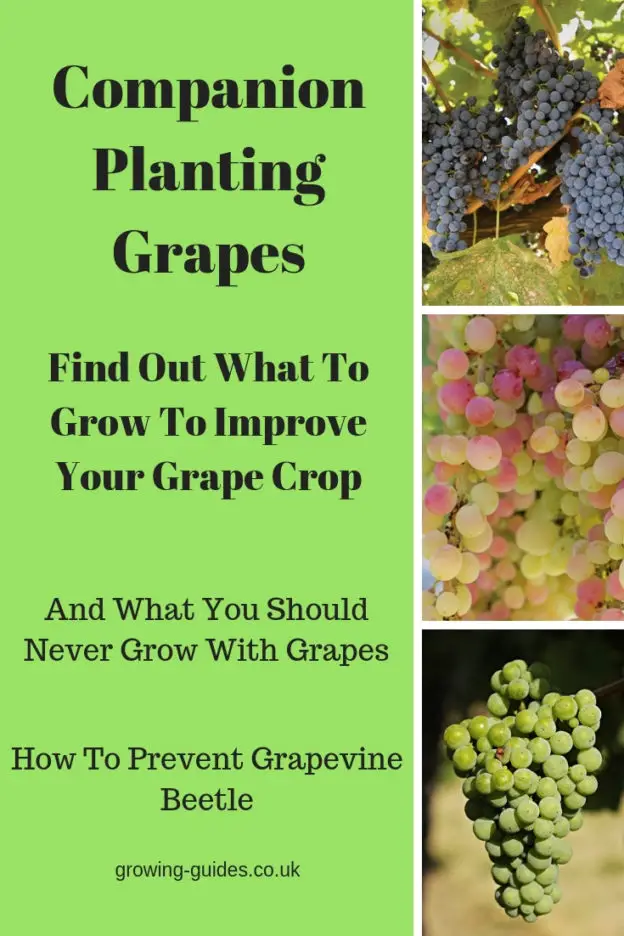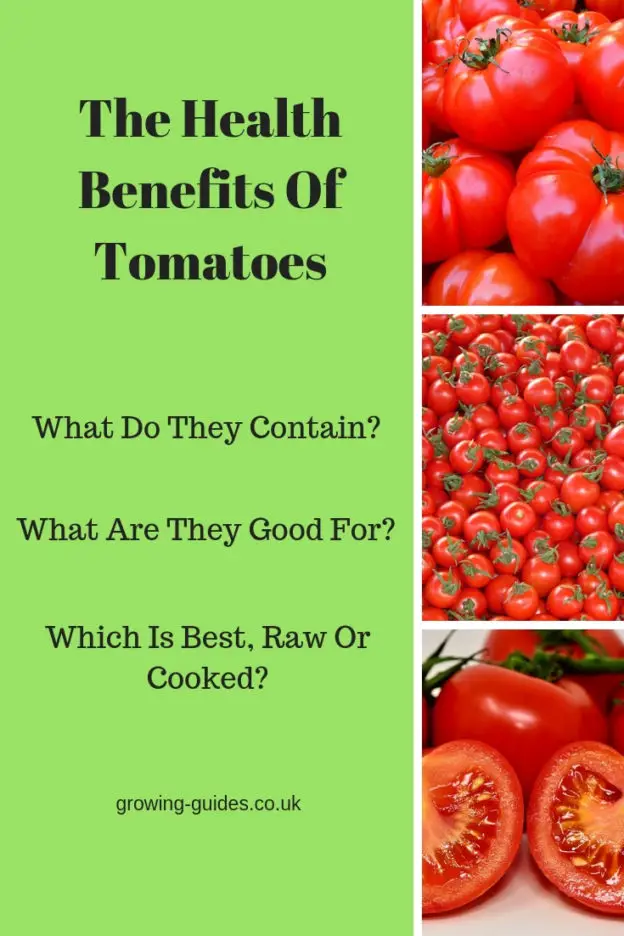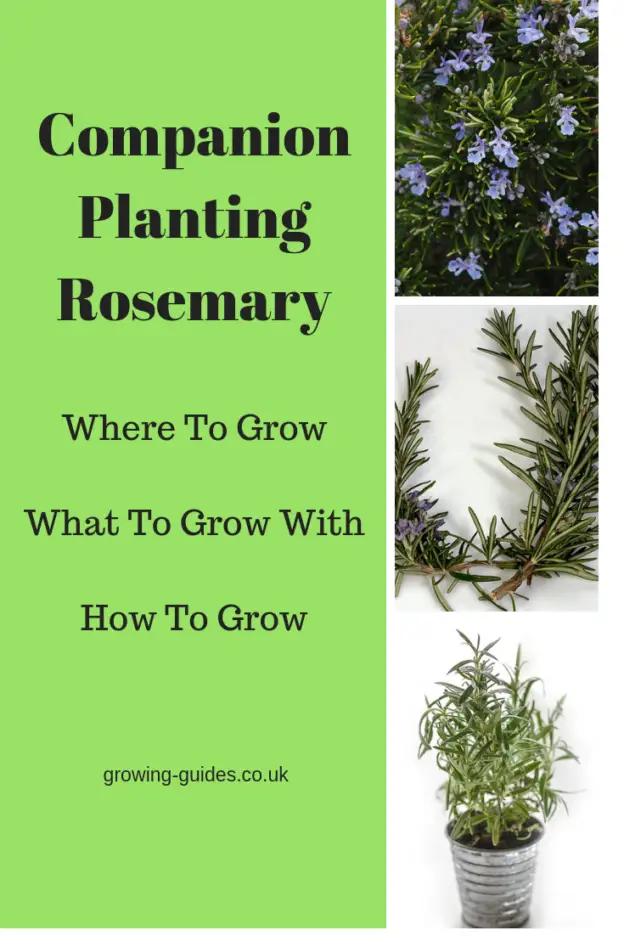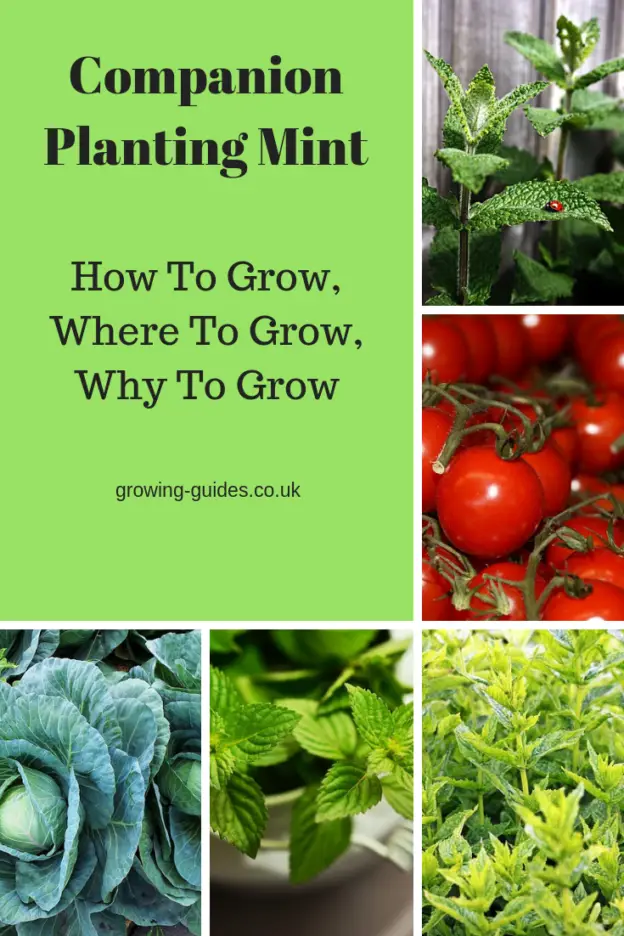Companion Planting Rhubarb
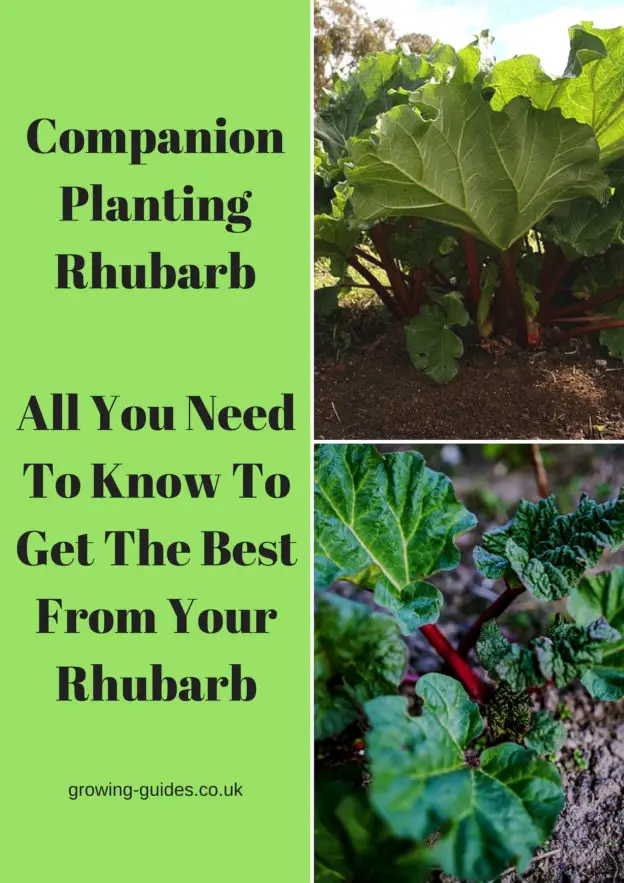
Many people grow rhubarb, and according to gardening books it needs a lot of space. By companion planting rhubarb you can make the most of that space and enhance your plants. By growing more plants in a small space you reduce the risk from weeds taking over the area. In days gone by, they used to grow Rhubarb and Strawberries together, it makes sense, they’re both harvested at about the same time. They also both benefit from being dressed with straw. I can find no actual benefit for growing rhubarb and strawberries together, maybe Grandad was wrong… More than likely… → Read More

